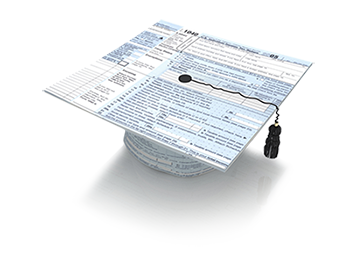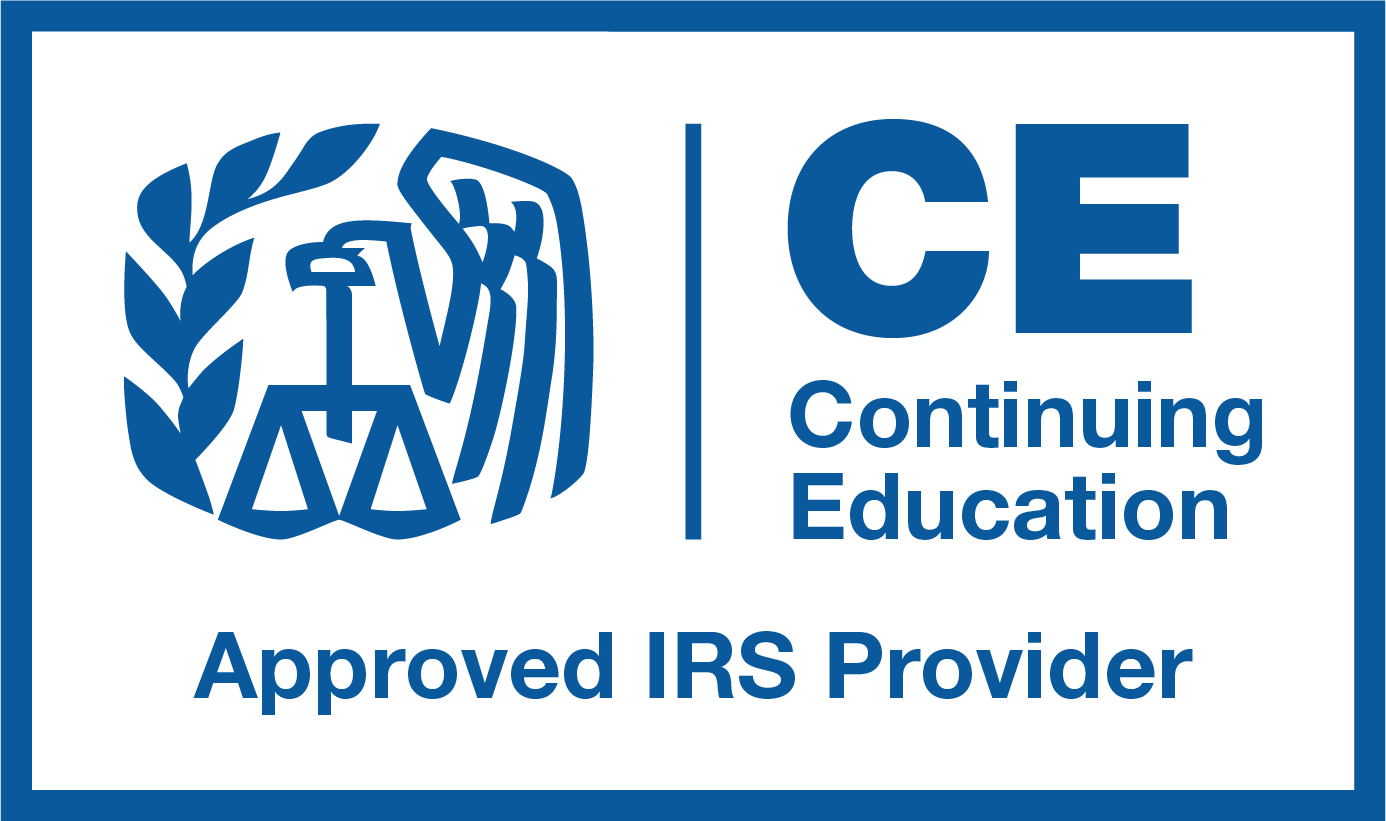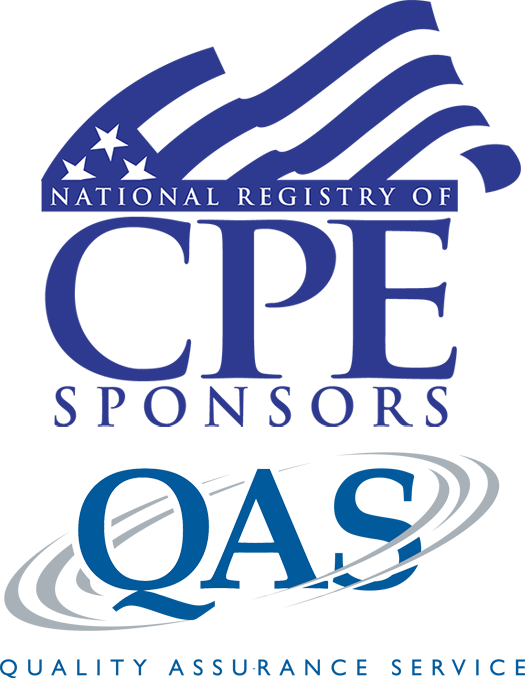Auto Rules
Author: Danny Santucci, JD
Electronic version only
Operating costs for vehicles used in the course of a taxpayer’s business are deductible. Thus, when taxpayers use their vehicles in their businesses or employment, they can deduct that portion of the cost of operating their vehicle. Such costs that can be deducted are property taxes that are paid on their vehicle if deductions are itemized on Schedule A. This mini-course reviews the apportionment of personal and business use, the actual cost method, the standard mileage method, and expensing. Moreover, this presentation informs practitioners about topics such as the benefits and costs of leasing versus owning, and working condition fringe benefits.
With this two-hour course, you will:
- Get a 63-page PDF document

- Recognize tax vehicle depreciation (§168) and expensing (§179) methods including their requirements and limitations under MACRS and recognize basis, business use, and deduction computations.
- Specify the predominate business use rule recognizing the result of less than 50% qualified business use, cite the pros and cons of auto leasing, and determine how to estimate monthly lease payments indicating what factors affect payments so clients may recognize leasing costs and know common leasing terms.
- Identify items included under the standard mileage method listing items that may be separately deducted, determine the taxable fringe benefit value of an employer-provided automobile using the general and special valuation methods and specify several qualified nonpersonal use vehicles stating what reporting standards apply.
| Designation | CPE Hours |
|---|---|
| CPA | 2 Tax |
| EA | 2 Federal Tax |
| CRTP (CTEC) | 2 Federal Tax |
| Attorney | 1.5 General MCLE/Tax Specialization |
Course level: Overview
General understanding of federal income taxation is required.
Want to order by phone? Call us at: (800) 277-2257
 This self-study is designed to meet the requirements for the specified number of hours of continuing education. This self-study has been designed to meet the requirements of the IRS Return Preparer Office; including sections 10.6 and 10.9 of Department of Treasury’s Circular No. 230 (Provider No. CRA7E); the California State Board of Accountancy; the California Bar Association; and the California Tax Education Council. This does not constitute an endorsement by these groups. The state boards of accountancy have final authority on the acceptance of individual courses for CPE credit. For more information regarding administrative policies such as complaints or refunds, contact Spidell Publishing at (800) 277-2257. Spidell Publishing, LLC has been approved by the California Tax Education Council to offer continuing education courses that count as credit towards the annual “continuing education” requirement imposed by the State of California for CTEC Registered Tax Preparers. A listing of additional requirements to renew tax preparer registration may be obtained by contacting CTEC at P.O. Box 2890, Sacramento, CA 95812-2890, or by phone at 877-850-2832, or on the internet at www.CTEC.org.
This self-study is designed to meet the requirements for the specified number of hours of continuing education. This self-study has been designed to meet the requirements of the IRS Return Preparer Office; including sections 10.6 and 10.9 of Department of Treasury’s Circular No. 230 (Provider No. CRA7E); the California State Board of Accountancy; the California Bar Association; and the California Tax Education Council. This does not constitute an endorsement by these groups. The state boards of accountancy have final authority on the acceptance of individual courses for CPE credit. For more information regarding administrative policies such as complaints or refunds, contact Spidell Publishing at (800) 277-2257. Spidell Publishing, LLC has been approved by the California Tax Education Council to offer continuing education courses that count as credit towards the annual “continuing education” requirement imposed by the State of California for CTEC Registered Tax Preparers. A listing of additional requirements to renew tax preparer registration may be obtained by contacting CTEC at P.O. Box 2890, Sacramento, CA 95812-2890, or by phone at 877-850-2832, or on the internet at www.CTEC.org.
 Spidell Publishing, LLC is registered with the National Association of State Boards of Accountancy (NASBA) as a sponsor of continuing professional education on the National Registry of CPE Sponsors. State Boards of Accountancy have the final authority on the acceptance of individual course for CPE credit. Complaints regarding registered sponsors may be submitted to the National Registry of CPE Sponsors through its website: www.nasbaregistry.org. This self-study is designed to meet the requirements for 2 hours of continuing education for the California Board of Accountancy. Level: Overview. Field of Study: Taxes. Delivery Method: Self-Study. For more information regarding administrative policies, such as complaints or refunds, contact Spidell Publishing at (800) 277-2257. General understanding of federal income taxation is required.
Spidell Publishing, LLC is registered with the National Association of State Boards of Accountancy (NASBA) as a sponsor of continuing professional education on the National Registry of CPE Sponsors. State Boards of Accountancy have the final authority on the acceptance of individual course for CPE credit. Complaints regarding registered sponsors may be submitted to the National Registry of CPE Sponsors through its website: www.nasbaregistry.org. This self-study is designed to meet the requirements for 2 hours of continuing education for the California Board of Accountancy. Level: Overview. Field of Study: Taxes. Delivery Method: Self-Study. For more information regarding administrative policies, such as complaints or refunds, contact Spidell Publishing at (800) 277-2257. General understanding of federal income taxation is required.

